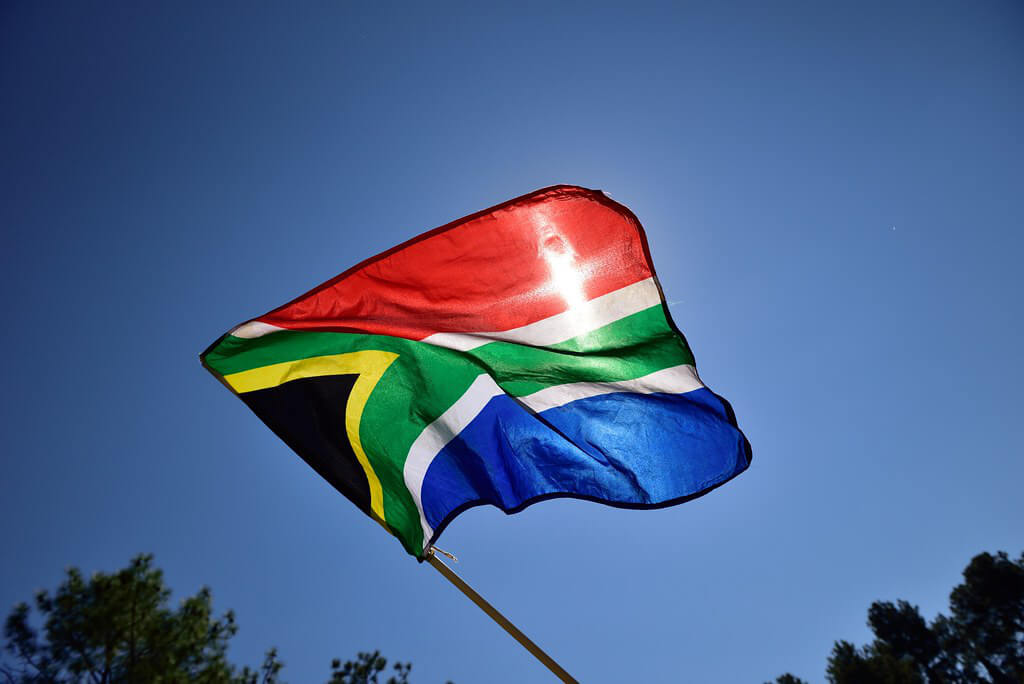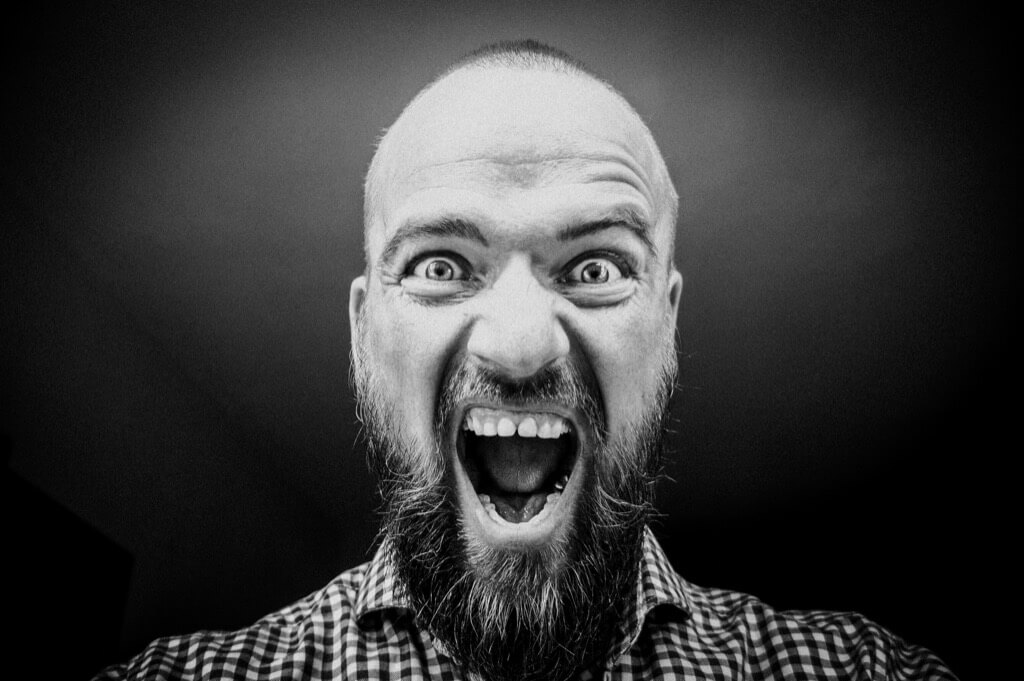In South Africa, allegations of racial discrimination against African students attending wealthy private schools have become an everyday occurrence. They also serve as a representation of the reality that exists in the country.
The private schools were founded both by white people and specifically for white people, and this is mirrored in the rules and traditions that govern them. However, because of their reputation as high-quality educational institutions, many middle-class and affluent African families choose to send their children there. However, they are either unable or unwilling to transform into institutions that are inclusive of everyone.
In South Africa before 1994, there was a clear division between white people on the inside and African outsiders. Some people who formerly belonged to the informal economy are now included among the insiders, the minority of people who receive a stable salary from the formal sector. Multiple subgroups make up the insider group, with race being the most significant of these.
Even Though Racism is Illegal Now, Racial Hierarchies Continue to Exist
Some African individuals have been integrated into what is primarily a white-run economy, which is a fact that is supported by the demographics of boards of executives and senior management. The African people who are members of the middle class in South Africa are some of the angriest people in the country because they have access to resources and certifications that were not accessible to their parents, but they still face numerous of the same racist attitudes. This motivates conflicts that sound like initiatives for drastic economic reform but are influenced by middle-class frustration at the continued existence of racial divides.
Individuals in the suburbs usually vote for their opponents, and they hold the ruling African National Congress (ANC) in scorn. On the other hand, in the settlements and townships where poor folks live, the ANC continues to dominate, even though it has lost some ground. However, the standard of public amenities in suburbs continues to be significantly higher than that in settlements, and authorities are significantly more likely to pay attention to residents of suburbs who exert pressure on them.
Poorly Conceived Solutions
How come democracy hasn’t put an end to these cycles? First, the discussions that ended minority rule only addressed the problem that was the most apparent at the time, which was that the majority of South Africans did not have citizenship rights. There could be no advancement without putting an end to this, but it was only one aspect of what required modification. There weren’t any agreements reached through negotiation regarding the economy, the occupations, or the school system.
In principle, changing the democratic structure was supposed to guarantee that all other aspects of society would also change. However, customs and hierarchies do not vanish merely because political regulations are revised; similarly, the distribution of power within the economy and society remains largely unchanged. The African majority, who were historically excluded, currently controls the democratic structure, but they do not regulation over other aspects of life in the country.
Furthermore, the political class that took power in 1994 has not attempted to alter these circumstances because they – along with, oddly, the old white financial and cultural aristocracy – think that the primary objective of the democracy in South Africa is to offer everyone what whites relished in under apartheid. They haven’t yet established a brand new institutional, cultural, or civil society; rather, they have worked to incorporate the maximum number of African Individuals into the one that is already in place.
Whites Benefited Economically From Apartheid
As long as they did not show excessive sympathy for the African Culture, it granted them the right to vote and the freedom to speak their minds. It resulted in the establishment of large companies, and during its golden era, formal employment was assured for whites. In many ways, the outskirts of major cities across the United States were reminiscent of California. This is something that the old and new elite alike want to make available to everyone.
Even though there is a lot of talk about Black economic empowerment, the promotion of African-owned companies is not given nearly as much attention as the role that African people play in the corporations that have monopolized the economy for years. New African applicants into the occupations have traditionally been expected to adhere to the customs and rules that were established during the time that whites governed society. Even though apartheid and its principles have been delegitimized on a social level, the West continues to be the center of controversy.
Because there is not nearly enough money to go around, everyone can’t have the same opportunities that whites had under apartheid. While every citizen has the right to exercise their democratic freedom, only a small portion of the population was allowed to reap the economic and social advantages of apartheid because it was enforced with physical violence. After apartheid was abolished, it became necessary for the living conditions of the minority to be brought up to the level that a nation of middle-class could support. Because they haven’t, there are simply a great number of African individuals who stand to gain.
It is standard procedure in the South African discussion to place blame for the problems facing the nation on the government or specific political figures. However, the realities that have been described here are what explain the slow development, continued injustice, and the many other problems that have been brought up in the debate.
Innovative Ideas
It is simple to understand why white elites favor the status quo, but it is less clear why the new African leadership wants to maintain these arrangements. Anywhere that one race overpowers others, the norms and practices of the government in control come to be seen as the metrics of a better society. For the governance of those who are on the losing end of this, dominance will only end when everyone shares in them. The reaction is very human; however, it ensures the continuation of the old ways with all of their inequality and unfairness.
This is the truth about South Africa after 1994, even though significant change has occurred in critical places. It guarantees that the nation doesn’t reach anything even close to its potential, which means that it’s not only less empathetic than it could be but also less well-off as well. This is because many people are still prevented from contributing their skills and efforts to the country’s development.
South Africa Isn’t Destined to Continue Down This Road Indefinitely
To start, new ways of thinking are required, specifically an approach that aims to create a society that is functional for all of its members. It is highly unlikely that this will come from the ruling classes, who are wed to the current time, but it might be the result of public promoting for it. This may pave the way for future negotiations that will tackle the issue that the deal in 1994 did not address, which is how to establish a fresh mutual society in addition to a new political structure.
This course of action, rather than the never-ending hunt for the ideal national figure who will be capable of resolving all of South Africa’s problems, is the one that has the potential to enable the country to put its troubled past behind it and build a brighter future.




